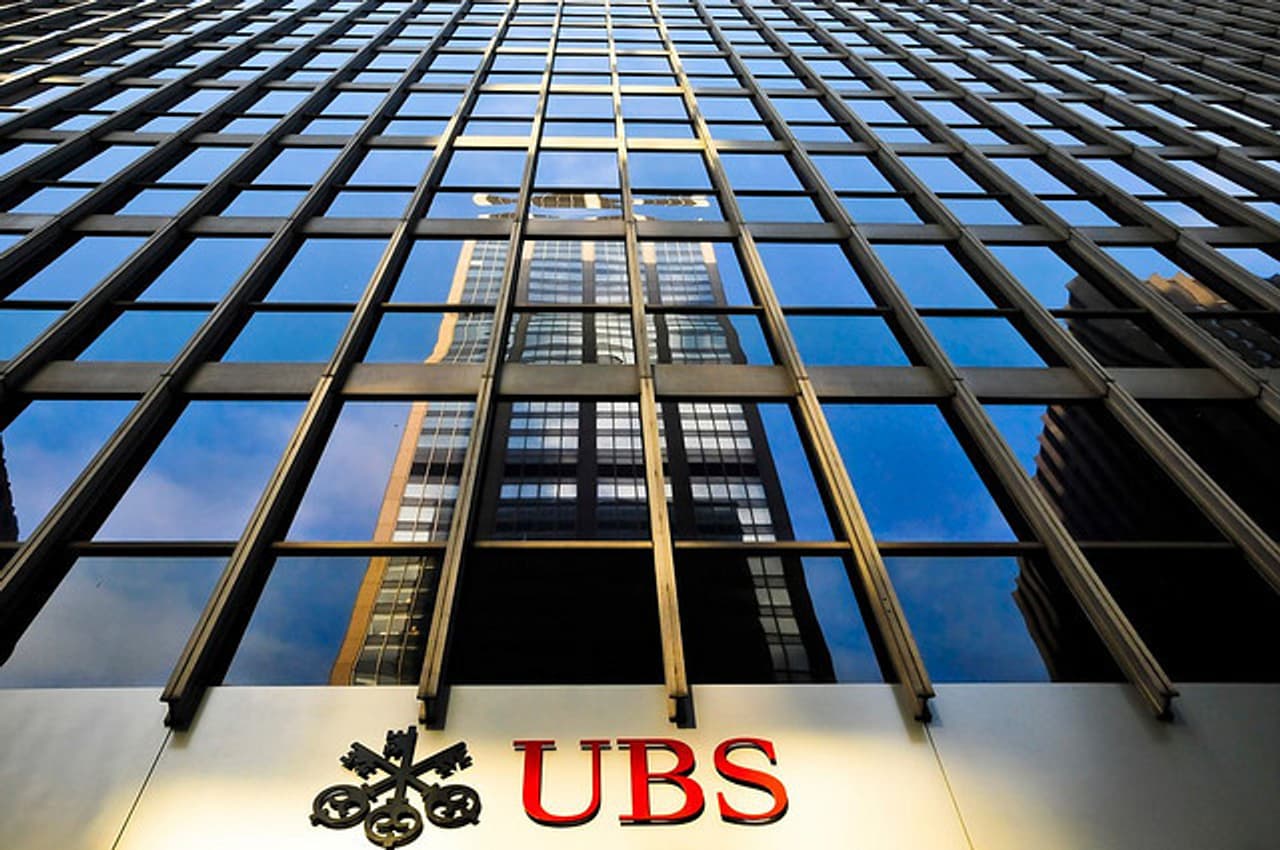
Analysis: The real rogue is not UBS’s Kweku Adoboli but Delta One trading
Rogue Traders. UBS might be full of them.
The escalating $2.3bn black hole discovered in recent days at UBS is not so much about a rogue trader but a rogue activity called Delta One trading.
Kweku Adoboli may allegedly have lost UBS so much money it could end up costing his Swiss banking colleagues their annual bonuses. But it is not only the son of a retired Ghanaian UN official that should be under scrutiny. The type of trading Adoboli was engaged in needs to be unpicked.
The 31-year-old Nottingham University graduate was last Friday charged with fraud by abuse of position and false accounting. It turns out he worked on UBS’s Delta One desk, exactly the same desk manned by Societe Generale rogue trader, Jerome Kerviel who cost the French bank €4.9bn.
A flow chart showing the structure of a typical investment bank’s Equity Division
 Frighteningly complex
Frighteningly complex
Delta One trading is so complicated that respected city broker, Terry Smith said in last Friday’s Financial Times: ‘Management doesn’t understand what goes on in the Delta One desks. If you sat down with a CEO and asked them to explain what happens they would try but they couldn’t give you an accurate answer because they don’t understand.’
This is probably true and deeply disturbing.
In simple terms Delta One Trading is buying or selling an investment instrument that you don’t own. Delta One desks trade financial derivatives, or investment vehicles that mirror closely the price of a real asset. Any position taken is offset or hedged often through the use of super computers buying and selling at high frequency.
One of the attractions of Delta One trading is that it allows banks’ clients to gain exposure into certain types of investments that they might be banned from by their domestic regulators. For example regulators might have deemed a certain type of stocks too risky to trade in.
Delta One especially appeals to pension funds based in countries forbidden from trading in equities in another country. By buying for instance, Asian equity products through Delta One desks, a client would get exposure to Asian equities without directly owning them.
In other words, by buying a ‘derivative’ of an equity, a fund circumvents rules clamping down on risky or disallowed activities.
Manic money-go-rounds
Bankers love Delta One because it incentivises traders to take more risks, and as a result potentially make spectacular gains. Often Delta One traders are contractually obliged to provide a certain return to clients. But returns exceeding contracted obligations are kept by Delta One desks.
‘Management doesn’t understand what goes on in the Delta One desks’
Terry Smith, City broker
Since the financial crash, which saw regulations around high-risk trading tightened up, Delta One has perversely become a hugely important profit centre for banks, and is one of the fastest-growing businesses in banking. Commensurately, the number of employees working in the sector has rocketed according to City recruitment specialists.
This is because Delta One trading is not classified as proprietary trading with a bank’s own money which will soon be banned in the US.
But the UBS case appears to show that the lessons of sub-prime and convoluted structured products have not been learnt.
Bankers are still finding ways to trade in complex, risky areas. The relentless chase for yield has created a manic Money-go-Round that is socially useless and potentially destructive. The lessons learnt from the financial crash three years ago have not been heeded. Urgent brakes need to be applied and it is crucial regulators and managers understand these self-serving, complex dealing rooms.




